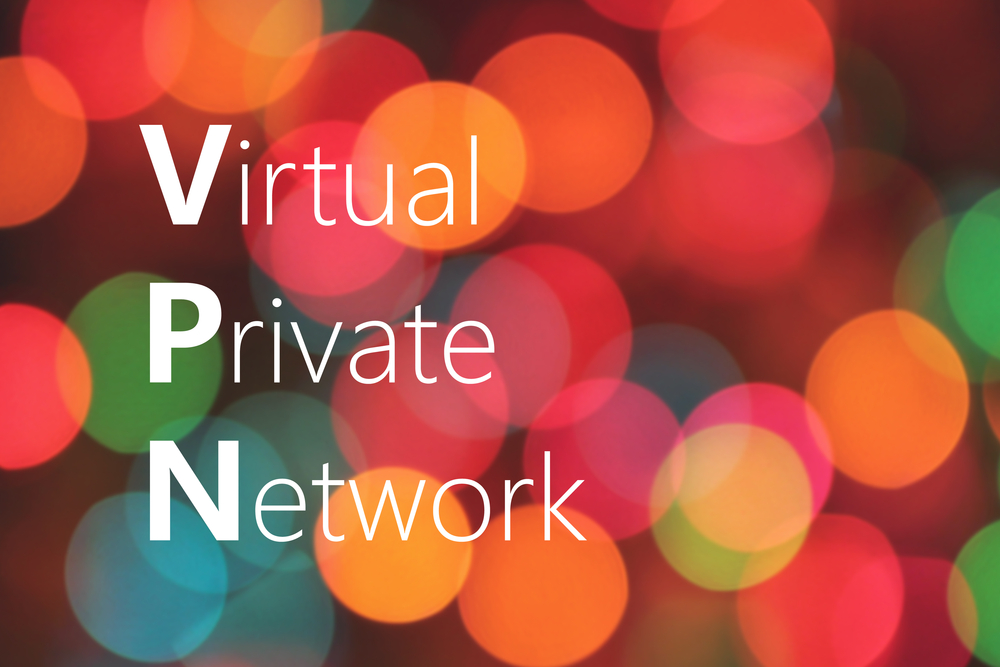Maintaining one’s privacy on the Internet has become an increasingly difficult task these days. VPN services provide a more than viable solution to remain somewhat anonymous while browsing the web. Unfortunately, there is only so much a VPN can do, as there are multiple instances during which using a VPN connection will not do anything.
4. WAN DDoS Attack
If a user’s modem is suffering a denial-of-service attack, using a VPN will have no impact whatsoever. Once the hackers successfully ensure your own internet connection is unavailable, it is impossible to connect to a VPN server. Although it happens rarely hackers will target consumers with a DDoS attack, the possible attack vector should not be overlooked. A VPN does not hide the WAN IP of a modem or router if it was already exposed, leaving it vulnerable to such types of attacks. Obviously if the attacker is DDOSing a VPN IP, you can easily switch it and avoid the attack altogether.
3. Malware / Virus
While most malware or virus attacks will not cut off one’s internet connection, they can impact the usefulness of a VPN connection. If a hacker has remote access to your computer and network, they can still monitor one’s activities regardless of using a VPN. The user’s activities will still be hidden from the internet service provider, but a bigger threat may be peering over their shoulder at all times.
2. Online Ad Tracking
As strange as it may sound, online advertisements are more than capable of tracking user habits on the internet, even when using a VPN connection. Users who rely on a VPN connection for additional privacy will not be safe from advertiser scrutiny, as those companies are designed to track particular behavior. Moreover, these companies collect a lot more device information than just the IP address, which means masking your location alone is not enough.
Moreover, if the person uses the same VPN connection to access an email account, it is possible to put two and two together. Do not be surprised when you start receiving targeted advertisements in your mailbox even while using a VPN to browse the internet. Simply using a VPN is not enough to prevent data mining, as that would require using a secondary operating system and only accessing specific services using the VPN connection.
1. Government Blockades
Several governments around the world are actively blocking VPN connections. China is one obvious example, as the local government made using VPNs illegal in January of 2017. A lot of Chinese residents rely on VPN services to access social media and YouTube, yet there is no longer easy to do as of right now. Using a VPN or other “special” connection must now be approved by the government.
China is not the only country enforcing such strict rules, though. Iran has blocked access to non-sanctioned VPNs as of March 2013. However, using a government-approved virtual private network is not advised either, as the government uses these services for surveillance and data stealing efforts. This goes to show using a VPN is still a must, but there are some caveats worth taking into account.
If you liked this article, follow us on Twitter @themerklenews and make sure to subscribe to our newsletter to receive the latest bitcoin, cryptocurrency, and technology news.

